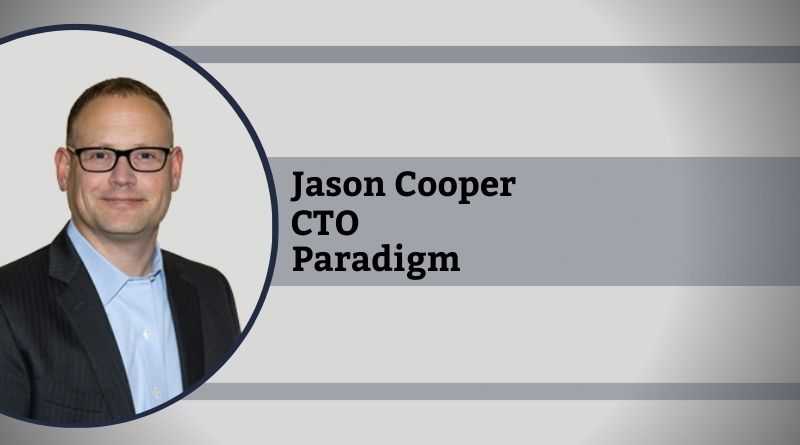Paradigm Data Insights Accelerates Analytical Prowess, Business Value, and Purpose
By Jason Cooper, Chief Technology Officer, Paradigm
If you ask 10 people who work in analytics to define the term, you’ll likely get 15 to 20 different answers. As Chief Technology Officer at Paradigm, my view is that analytics is an interdisciplinary field that encompasses asking the right business questions, using the right data assets, and leveraging the appropriate analytical methodologies to enable fact-based decision-making. This requires a unique mix of business acumen and consultation skills, data ecosystem knowledge and data wrangling, mathematical and statistical computational skills (and, at times, advanced data science), as well as understanding various study methodologies. Lastly, it involves effectively communicating results to drive business action (or inaction).
The analytics topics du jour include several familiar buzzwords of today and yesterday: artificial intelligence, machine learning, data science, and big data.
Often excluded from the definition of big data is veracity. In other words, what’s the “truth factor” of your data? Without easily accessible, well-governed, and trusted enterprise-wide data, your analytical efforts are all for naught. That’s why the Technology, Data & Analytics Group at Paradigm has placed an important focus on building our Paradigm Data Insights platform to provide a single source of data for our organization. For our business needs, this involves three distinct tracks: data engineering (accurate movement of source systems data), dimensional modeling (transforming data into analytically accessible modes), and insights democratization (building self-service tools via data visualization and special tools for super users).
I believe the most important element that links an organization’s people to deriving business value is connecting them to the organizational mission.
There’s a fair amount of technical jargon in the above two paragraphs, but the bottom line is this: You can have the best technology platforms and the most advanced analytics tool sets, but without solid leaders and analysts, none of that will matter. At Paradigm, we’re fortunate to have a best-in-class Technology, Data & Analytics organization that’s comprised of great people. We know “tortured data will confess to anything,” which speaks to understanding which methods are appropriate for which business problems and how to minimize biases. We also understand that “not everything that can be measured matters, and not everything that matters can be measured”—the critical topics of signal versus noise; and, objectivity versus subjectivity. Throughout it all, we focus on the fact that there are human beings—real people—whom we’re helping to lead healthier lives.
So, once you’ve built a great data and insights platform and assembled a great team of people, what is next? Great analytics uses the right tools for the job at hand: for example, not embarking on an AI project when simple statistics will more than suffice. Have a robust belt of tools, but knowing which to choose is a real benefit for speed-to-answer and business value. Really great analytics also involves sometimes-uncomfortable business conversations. Before you embark on an analytical study, do you ask your business partners what they’ll do when you’ve proven or disproven the hypothesis, or led to a wholly inconclusive result? Without those answers, you could be wasting time and resources. Those challenging conversations are all part of leveraging your consultative skills.
I believe the most important element that links an organization’s people to deriving business value is connecting them to the organizational mission. Our Technology, Data & Analytics Group’s strategic vision is clearly stated as, “empowering Paradigm to renew the health and spirit of more individuals during their times of need through technology, data, and analytics enablement.”
For decades, Paradigm has set the standard for outcomes-focused care and for transforming the lives of catastrophically injured workers and their families. We ensure that our teams understand, despite the often highly complex and technical nature of their work, that we’re enabling the rest of the organization to care for others in extreme times of need and improve their health outcomes. As a technologist, that’s the most rewarding aspect of every workday.
About Paradigm
Paradigm is an accountable specialty care management organization focused on improving the lives of people with complex and catastrophic injuries and diagnoses. The company has been a pioneer in value-based care since 1991 and has an exceptional track record of generating the very best outcomes for patients, payers, and providers. Deep clinical expertise is the foundation for every part of Paradigm’s business, including its risk-based clinical solutions, case management services, high-value specialty networks, home health, and payment integrity programs.
Paradigm is headquartered in Walnut Creek, California, with offices across the U.S. For more information, please visit www.paradigmcorp.com.

